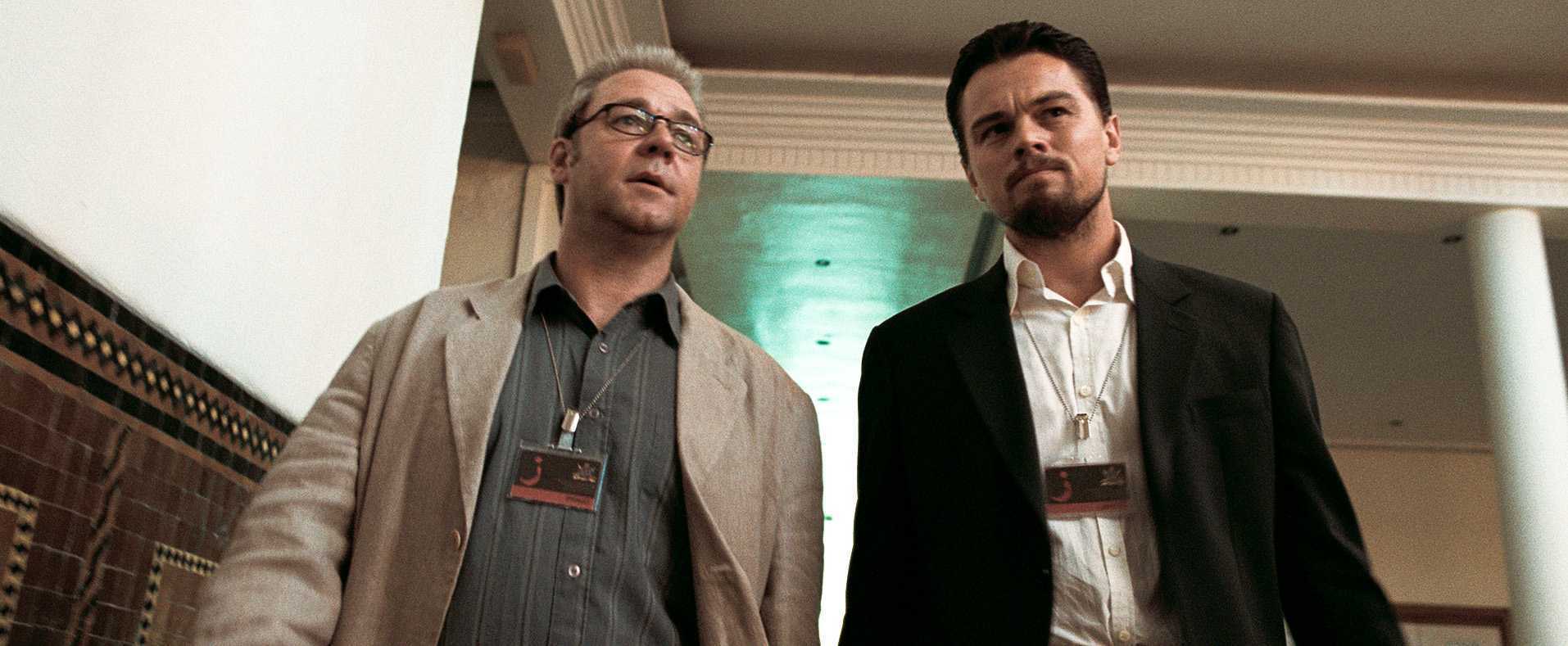#379 - Spawn
Mark A.Z. Dippé, 1997

When a mercenary is double-crossed and murdered by his boss, he goes to Hell and is given the chance to become a superpowered servant of the Devil.
In the same year that Joel Schumacher almost sounded a death-knell for superhero cinema with the garishly campy
Batman and Robin, there was the release of a little film about another comic-book anti-hero with a penchant for black costumes, brooding, and justice.
Spawn is based on the titular anti-hero, who starts off as a family-man mercenary (Michael Jai White) whose much more villainous boss (Martin Sheen) kills him off as part of a plan to become an arms dealer. From there, White is paired with a demonic clown (an almost unrecognisable John Leguizamo) who is supposed to mentor him in the ways of villainy as he agrees to become a general in Hell's army, but he also attracts a good mentor in the form of a centuries-old soldier (Nicol Williamson, another example of a classy British thespian slumming it in a bad American film) to help him rebel against his new masters. While
Spawn promises an engaging adventure soaked in the dark superhero vibe that wouldn't really catch on until well into the following decade (and, to be fair, it does deliver on the vibes), it's a shame that the film underneath is incredibly wanting.
It's one thing for a film to just be bad, but
Spawn is the kind of cinematic disaster that is enjoyable to a certain extent. The story mixes a standard superhero origin story with themes of vengeance and morality as White's desperation to return to his alive family leads him to make some regrettable alliances with some extremely unpleasant incarnations of pure evil. While White does his best to sell a stoic but tormented character underneath a layer of burn makeup (and also a computer-generated mask), he doesn't make for an especially compelling presence not because of his own shortcomings but because everyone around him overshadows him in the worst possible ways. Respectable actors like Sheen and Williamson ham it up or sleepwalk through their respective roles, while Leguizamo chews the scenery as a grotesque-looking clown with a raspy voice who will make dick and fart jokes (complete with visible farts) while eating pizza covered in live maggots and being disgusted by the anchovies. One can't help but wonder if the audience is supposed to find this repulsive character funny or disturbing or both, but it doesn't end up doing either (especially when making
Apocalypse Now references around Sheen's character). Every other character in the film is virtually a nonentity, not even the family who serves as little more than a motivational tool for White.
In terms of aesthetics,
Spawn is pure '90s hell. Whether it's the soundtrack loaded with edgy alt-rock or the incredibly rough CGI, you really do need to brace yourself for things like visions of Hell that play out like scenes from
ReBoot or the dulcet tones of Marilyn Manson. The CGI alone is almost worth the price of admission (and I say that as someone who watched this on free-to-air TV) as its gross artifice is a marvel in itself. The roughness of Spawn's red cape being digitally inserted into scenes featuring a live-action Spawn is especially noteworthy, as are the scratchy 3-D credits or the incredibly rough green-screen sequences that take place in Hell itself (complete with primitively-rendered minions). It helps to compensate for the fact that the action sequences are otherwise dull and uninteresting. I used to give out a second rating to films that I believed had some value as a result of their providing unintentional amusement, but I've abandoned that in these reviews because a single rating should be able to cover a film in total.
Spawn is saved from a lower rating because, in spite of the considerable dullness and bad humour underneath its eye-watering surface, the visuals alone make for an unforgettable experience. I figure that that is what elevates
Spawn ever-so-slightly over other movies of its ilk - it's dated and hideous, but at least it's in a fun sort of way.







